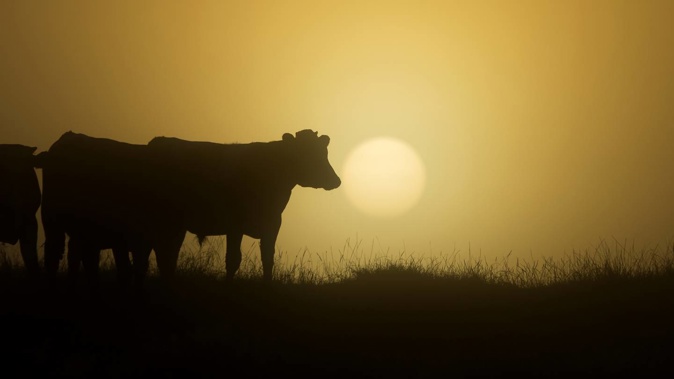
New Zealand may be on track to become the first country in the world to eradicate the cow disease Mycoplasma bovis which has seen the cull of tens of thousands of cows in the largest mass animal slaughter in this country’s history.
The disease, first detected in the national herd in July 2017, manifests itself in mastitis in cows, ear infections, severe pneumonia and other impacts.
Ministry for Primary Industries (MPI) chief executive Ray Smith says five years into the 10-year eradication programme, it has now got to the point where “we have zero cases for the first time ever”.
“In late July through Spring, when there’s calving, is when we’re most likely to see whether there’s still any herds that have bovis,” says Smith.
“They’re most likely to present when the animals are under pressure. It used to be a good day when we had less than 300 notices on properties. “Now we’ve got zero, so fingers crossed.”
No other country has attempted to eradicate the disease. But Government and industry bodies agreed to split a $800 million plus price tag to save the dairy herd and protect the long-term productivity of New Zealand’s major agricultural export earner.
No surprise then that biosecurity topped the list of priorities in a survey of 105 agribusiness leaders in this year’s KPMG Agribusiness Agenda — the number one issue for primary producers for 10 years in a row.
Smith reckons Australia and New Zealand may be the only two countries in the world that take biosecurity seriously. “Both countries look to keep pests and diseases and various sorts of infestations out, he says. “But it’s more important to New Zealand than Australia, because our economy is much more dependent on food production than theirs.”
That is because New Zealand exports nearly 90 per cent of the food produced here and a vast amount of logs. “We don’t need a bark beetle infestation in pine forests. That could cause huge damage,” says Smith.
“So, biosecurity is just as important to those in the fibre sector as it is in the food sector. NZ’s very, very dependent on primary production for its survival and success.”
- New Zealand close to eradicating M. bovis
- Hawkesby: Farmers becoming collateral damage of M. bovis eradication
- Federated Farmers: Mycoplasma bovis tax unfair on struggling farmers
- Jacinda Ardern: Dairy industry divided over Mycoplasma bovis
New Zealand and Australia are moving to shift traveller declaration cards online which will assist biosecurity screening ahead of passenger arrivals.
Smith says the programme asks drop-down questions.
“So, if you’ve been on a farm, or if you’ve got dirty shoes, or you have some food that might ask you more questions.”
The upshot is it will be easier to identify potential threats.
The latest biosecurity threat is a new marine seaweed superspreader, Caulerpa, which has popped up at Kawau Island, Great Barrier Island and Northland. Smith says Caulerpa is going to be hard to keep out. “But communities want us to try to remove it because it takes over the sea floor.”
Then there is the invasive freshwater gold clam which has spread in the Waikato River and could jam up the waterworks; and ever-present concerns to keep fruit fly incursions at bay.
“We’re just going to have to be continually to be vigilant and keep investing in border security controls.”
Take your Radio, Podcasts and Music with you









